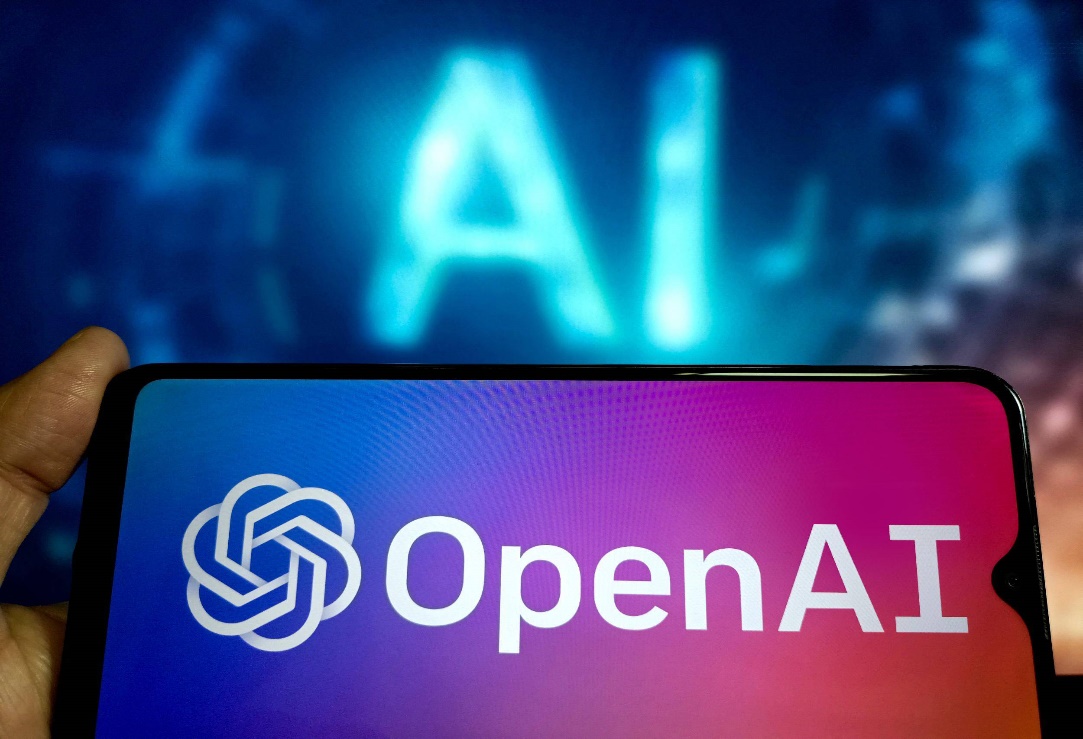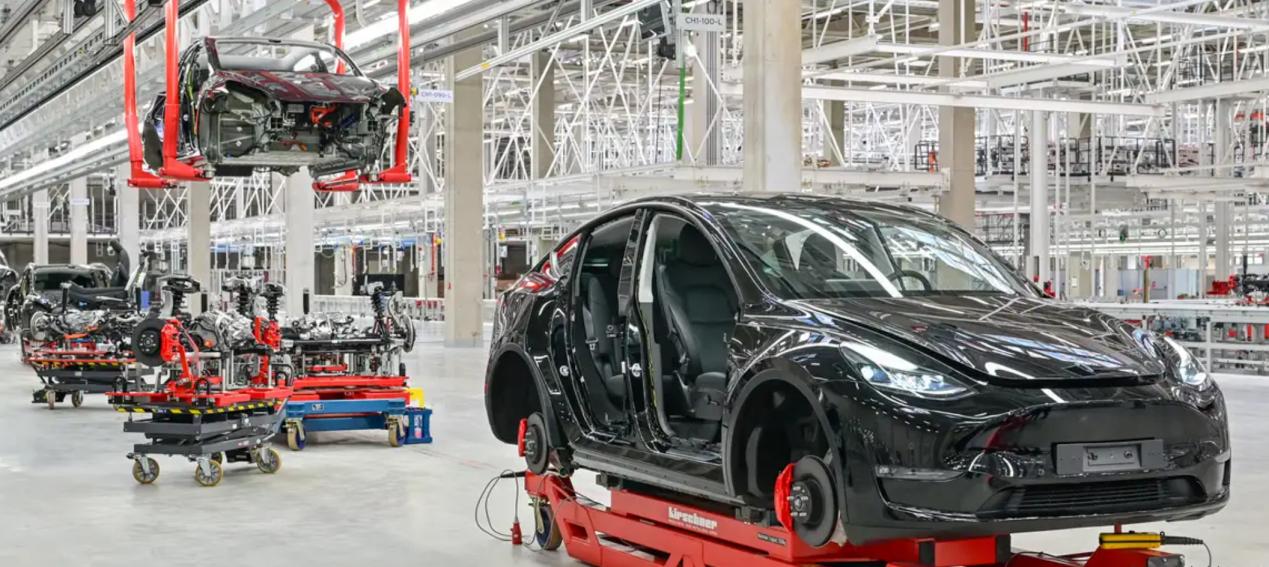
Recently, the international technology community received a shocking news: according to CNBC, on the eve of his official inauguration as the President of the United States, Donald Trump had a profound phone call with OpenAI CEO Sam Altman, with the focus of the discussion pointing directly to the future of artificial intelligence (AI) infrastructure. This call not only foreshadows an unprecedented collaboration, but also triggers extensive discussions globally on the development path, funding investment, technological feasibility, and industry impact of AI.
Shortly after the call, President Trump announced a joint venture called "Stargate," initiated by OpenAI, SoftBank Group, and Oracle, with a total investment of up to $500 billion, aimed at building an advanced AI technology infrastructure network covering the United States. This ambitious project has an initial investment of $100 billion and has officially launched in Texas, USA. The Trump administration emphasizes that the Stargate is not only a crucial step in promoting the "re industrialization" process of the United States, but also a strategic measure to ensure that the United States maintains a leading position in the global AI race.
The core of this plan is to establish a highly integrated and efficient AI ecosystem, covering every aspect from data collection, storage, processing to algorithm development, model training, and application deployment. This not only means the construction of large-scale data centers and supercomputers, but also includes the research and production of AI chips, the development of AI software platforms, and the cultivation and introduction of AI talents. The Trump administration hopes to accelerate the deep integration and application of AI technology in multiple fields such as healthcare, manufacturing, energy, and transportation through this measure, thereby driving economic growth, creating new job opportunities, and enhancing national security.
Once the "Stargate" plan was announced, it faced doubts from all sides. Elon Musk, the founder of Tesla and SpaceX, a tech giant with profound influence in the field of AI, is one of the skeptics. Musk has repeatedly expressed concerns in public about the rapid development of AI, believing that uncontrolled advanced AI may pose a huge threat to human society. He raised several key questions about the Stargate project: Can such a huge investment really translate into effective AI technology innovation? Can the current chip manufacturing technology meet such a huge computing demand? How to ensure the overall feasibility and long-term sustainability of the project?
Some industry analysts and scholars have also questioned the implementation details of the Stargate project. They pointed out that although the construction of AI infrastructure is crucial for promoting the widespread application of AI technology, the key lies in how to efficiently utilize resources, avoid redundant construction and resource waste. Meanwhile, how to balance the relationship between technological progress, social ethics, and privacy protection is also an issue that cannot be ignored.
Faced with various doubts from the outside world, OpenAI CEO Sam Altman quickly responded. He first expressed respect for Musk's remarks, but also made it clear that Musk had some misunderstandings about the specific details of the Stargate project. Altman emphasized that "Star Gate" is not a project that blindly pursues progressiveness of technology and ignores practical application, but a long-term strategy that has been carefully considered and aims to achieve the universality of AI technology.
Altman further explained that the plan will be implemented in stages, with a focus on the research and development of AI chips and the construction of data centers in the initial stage, in order to rapidly enhance the AI computing capabilities of the United States. At the same time, OpenAI will work closely with SoftBank and Oracle to jointly develop an open and compatible AI software platform, promote standardization and modularization of AI technology, lower application barriers, and accelerate the popularization of AI technology.
The proposal of the "Stargate" project undoubtedly injects new vitality into the development of the AI industry in the United States and provides a new perspective for the global AI competition. However, facing such a massive and complex project, the challenges that the Trump administration and OpenAI team need to overcome are equally enormous. How to balance economic and social benefits while ensuring technological leadership; How to effectively address potential ethical and legal risks while promoting the popularization of AI technology will be the key to determining the success or failure of the Stargate project.
In this technological competition that concerns the future of humanity, every step of exploration deserves our close attention, and every attempt deserves our deep reflection. Let us all look forward to the near future when AI technology can truly become an important force driving progress in human society.

The global electric vehicle market in 2025 is experiencing intense turbulence. Tesla, once a disruptor that reshaped the industry landscape, is now mired in an unprecedented sales crisis.
The global electric vehicle market in 2025 is experiencing …
Recently, Chinese telecom companies Huawei and ZTE signed a…
Recently, according to Xinhua News Agency, Israel's air str…
A strongly worded report from the Equality Trust argues tha…
On November 27, 2025, Alibaba officially entered the global…
The focus of the global financial market in 2025 has always…